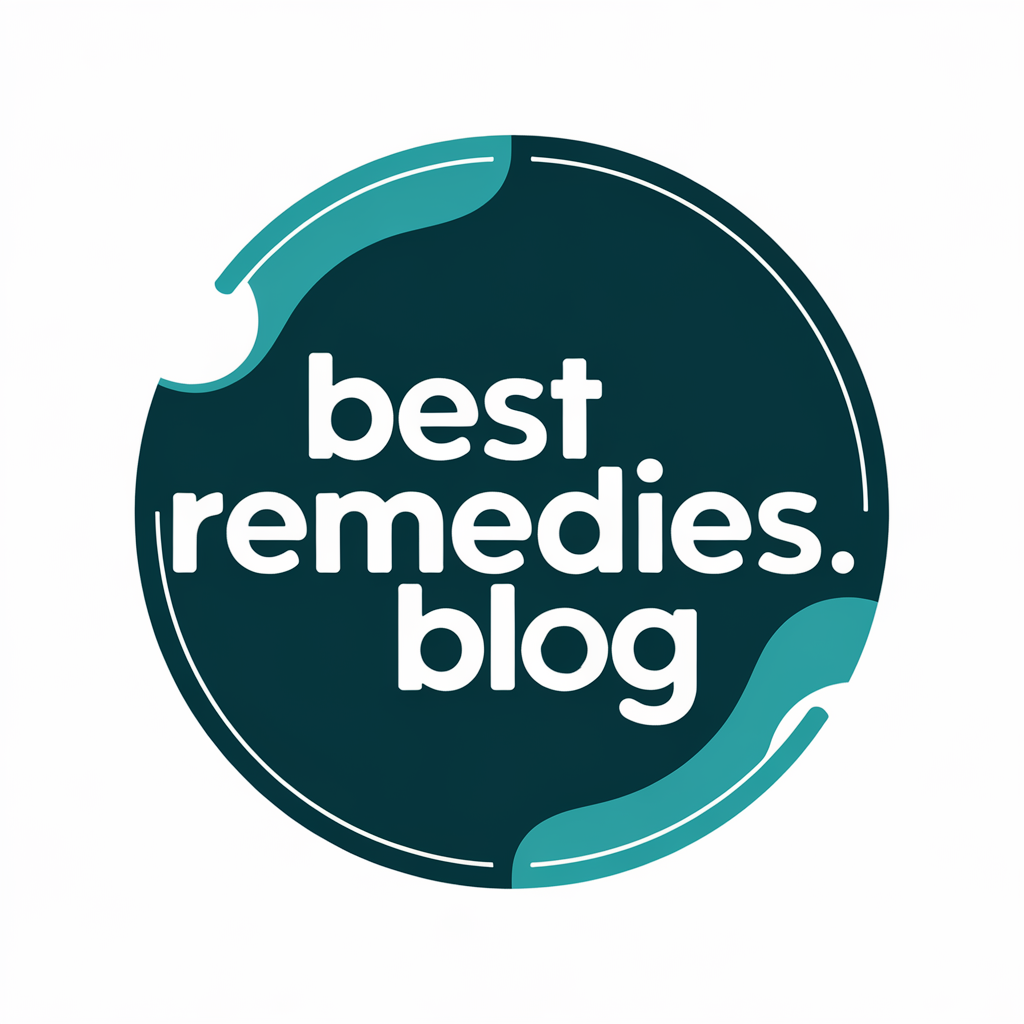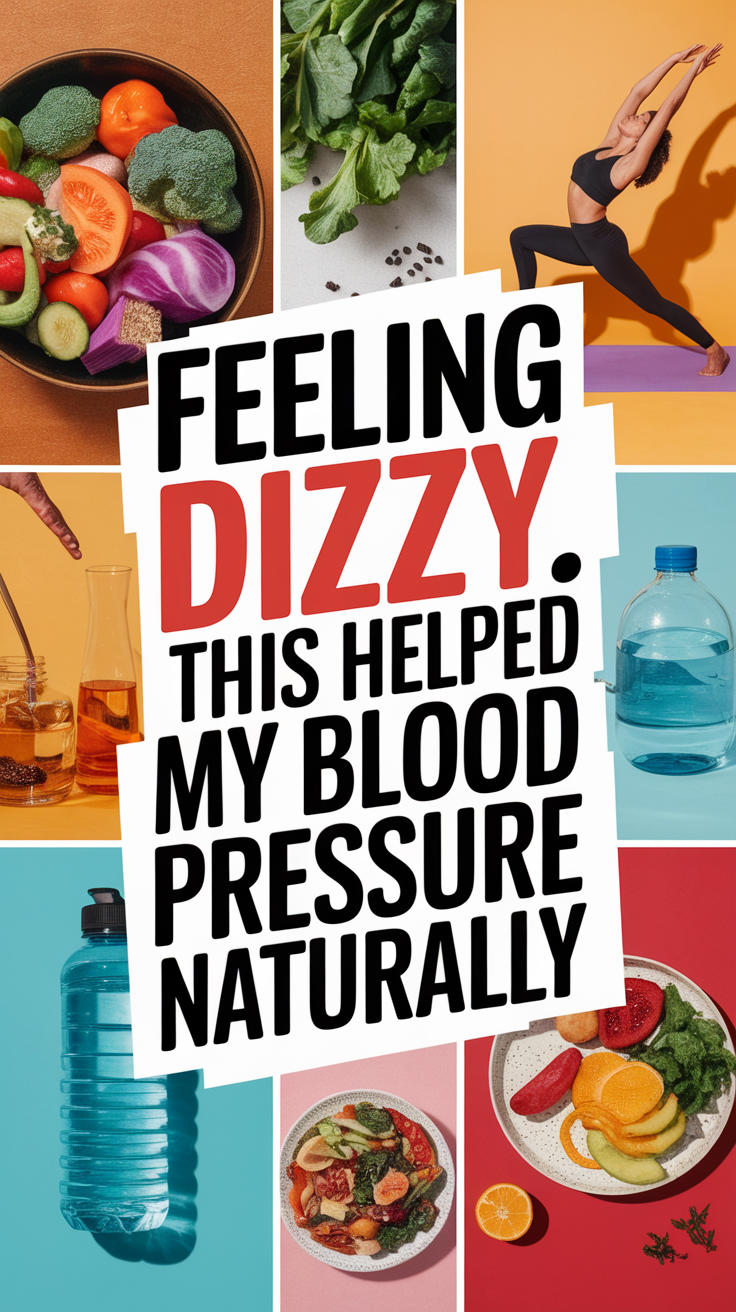Supplements That Improved My Energy Levels
You can enhance your energy levels by incorporating B vitamins, which research shows support metabolic functions and reduce fatigue.
Iron plays a key role in boosting your energy by aiding oxygen transport in the blood, potentially alleviating dizziness linked to deficiency.
Let’s explore how these supplements might fit into your routine for better overall vitality.
B Vitamins Boost
B Vitamins, such as B12 and B6, actively support energy production by aiding in the conversion of food into usable energy, which I’ve found particularly effective through supplements.
You can harness these nutrients to combat fatigue and enhance vitality.
- Imagine you wake up alert, as B12 fuels your cells for a vibrant start.
- Picture your mind focusing sharply, with B6 optimizing neurotransmitter function.
- Envision sustained energy during daily tasks, converting meals into power efficiently.
- See yourself moving with ease, as these vitamins reduce exhaustion’s grip on your body.
Iron Energy Aid
Iron supplements play a key role in boosting energy by aiding red blood cell production and oxygen delivery, which I’ve found effectively counters fatigue and dizziness in daily life. You can enhance your energy levels by incorporating iron-rich foods or supplements, but always consult a healthcare professional to avoid overload. Here’s a quick guide to iron’s benefits:
| Aspect | Details |
|---|---|
| Benefit | Boosts oxygen to cells |
| Source | Red meat, lentils, spinach |
| Dosage | 8-27 mg daily, based on needs |
| Precautions | Monitor for side effects like constipation |
| Monitoring | Regular blood tests recommended |
This approach helps you maintain vitality precisely and safely.
Lifestyle Changes for Better Blood Pressure Control
How can adopting key lifestyle changes effectively lower your blood pressure?
Studies confirm that evidence-based adjustments reduce hypertension risk by improving vascular health.
You’re in control when you prioritize habits backed by research, like the DASH diet, which emphasizes nutrient-rich foods.
- Adopt a balanced diet: Picture filling your plate with vibrant fruits and veggies, crowding out sodium-heavy processed foods to ease arterial strain.
- Incorporate regular exercise: Imagine brisk walks invigorating your body, strengthening your heart and promoting steady blood flow.
- Maintain a healthy weight: Envision shedding excess pounds through mindful eating, lightening the load on your cardiovascular system.
- Reduce alcohol and tobacco: Visualize quitting these habits, allowing your blood vessels to relax and function optimally.
Daily Routines to Prevent Fainting Spells
Daily routines play a key role in preventing fainting spells, especially if you’re managing blood pressure issues.
You maintain stability by staying hydrated—aim for at least eight glasses of water daily to support blood volume.
Eat balanced meals every 4-6 hours to avoid blood sugar drops that trigger dizziness.
Rise slowly from sitting or lying positions to prevent sudden pressure changes.
Incorporate brief, low-impact activities like walking to enhance circulation.
Track your symptoms in a journal; note patterns to adjust routines promptly.
These habits, backed by clinical guidelines, reduce fainting risks effectively.
Long-Term Tips for Maintaining Healthy Blood Pressure
Maintaining healthy blood pressure over the long term involves adopting sustainable habits that address underlying factors.
You’ll build resilience by focusing on evidence-based strategies that promote heart health and reduce risks.
These tips, drawn from clinical studies, help you visualize a balanced lifestyle.
- Embrace a Mediterranean-style diet: Picture yourself selecting vibrant fruits, vegetables, and olive oil at the market, naturally lowering your sodium intake and inflammation.
- Incorporate regular aerobic exercise: Imagine briskly walking through a park, your heart pumping steadily, which strengthens your cardiovascular system as per fitness research.
- Practice daily stress reduction: Envision sitting quietly in meditation, breathing deeply to manage cortisol levels, backed by studies on mindfulness techniques.
- Monitor your blood pressure routinely: See yourself using a home device weekly, tracking trends to adjust habits, ensuring early detection of issues.
Additionally, enhancing blood flow through techniques that promote oxygen delivery can further support blood pressure regulation.






